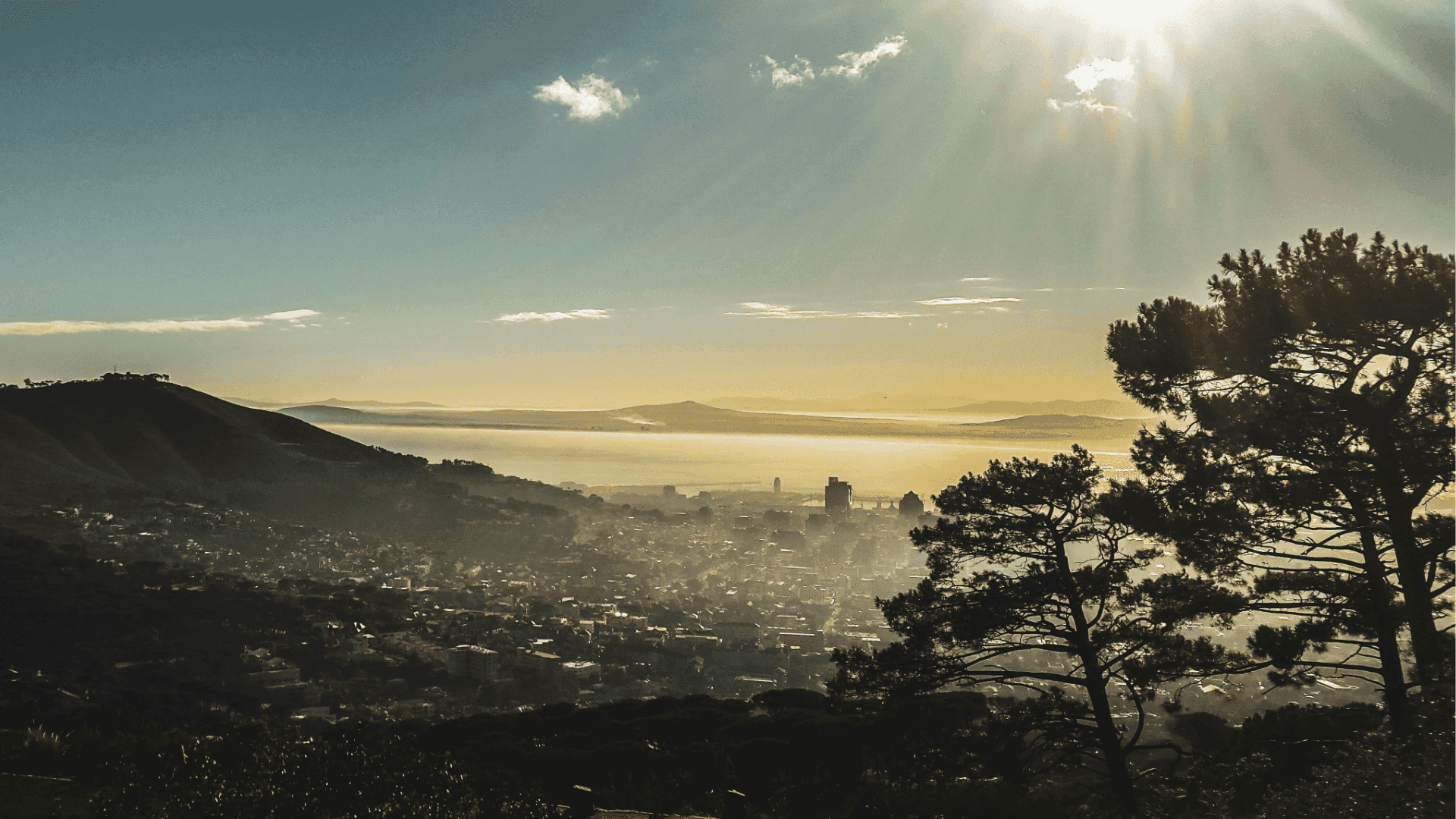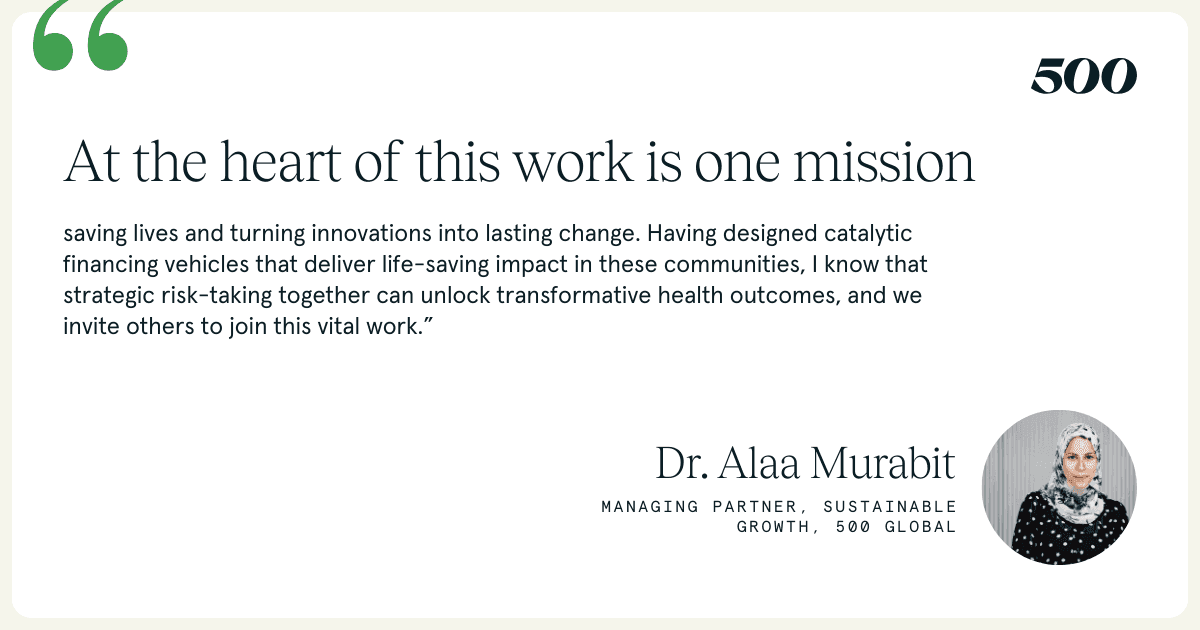2025.04.22

Mareme Dieng

As the global investment landscape continues to evolve, one region continues to stand out for its immense potential: Africa. The continent, home to over 1.4 billion people, presents a unique blend of challenges and untapped markets, creating space for entrepreneurs to solve real-world problems. Because of this unique positioning, it has become home to numerous hubs of transformation, driven by its young, innovative population and growing access to technology. At 500 Global, we’ve long believed in the strength and ingenuity of African founders. In my role leading our efforts across the continent, I’ve had the privilege of working across our global team to support startups through funding, mentorship, and access to our extended network. Now, as Partner, Africa, I’m building on that foundation to help entrepreneurs navigate the region’s shifting landscape.
In this moment, success demands more than innovation alone. It requires strategic clarity: understanding which local challenges can be scaled globally, refining business models for profitability and financial sustainability, and forging connections with markets that share common needs and goals.
Focusing on Local Challenges with Global Implications
Leveraging technology is crucial in addressing some of Africa's most pressing challenges locally, especially within sectors that offer both impactful solutions and commercial profitability. In what spaces do we see increased opportunity?
- Financial inclusion stands at the forefront, with innovations in digital financial tools that not only promote access to savings and investment opportunities, but also enhance financial literacy across the continent. These advancements empower individuals and businesses, fostering economic growth.
- Agritech plays a pivotal role in achieving food security and sustainable agricultural practices. With the integration of technologies, such as the Internet of Things (IoT), agriculture can become more efficient, cost-effective, and scalable, helping to address Africa's food production challenges.
- Moreover, the intersection of Artificial Intelligence (AI) and healthcare presents immense potential. The ability to harness big data through AI could revolutionize disease diagnosis, prevention, and overall healthcare access, making medical services more affordable and efficient.
- In fact, as AI enables greater accessibility to developer resources, product-led solutions that prioritize transferable user-centric design and scalable technology
Evolution of the Financial Model: Transitioning from Aid to Commercial Viability
I view one of the most important changes African founders must navigate as the shift from aid-dependent models to commercially viable ones. We observe the global investment community to have undergone a fundamental shift, with more focus on sustainable commercial opportunities rather than reliance on aid organizations. This transition requires alignment between impact goals and commercial objectives to create businesses that are not only financially successful, but also sustainable in the long term.
Key sectors like agriculture, financial inclusion, energy, and edtech are at the heart of this evolution, where the potential for both impact and profit is immense. Private investors, development finance institutions , and aid organizations, must work closely together with founders to support the creation of commercially viable models that will ensure Africa’s long-term prosperity and independence.
Scaling Globally: The Importance of Market Strategy and Integration
It is increasingly important for African startups to think globally from the outset. The continent’s markets are full of uncertainty, and scaling to adjacent emerging markets should be viewed as both a safeguard and a growth opportunity. While the Big 4 (Nigeria, Egypt, South Africa, and Kenya) have historically been key access points for global investors, we are noting regions like the Middle East, Southeast Asia, and Latin America emerging as critical partner markets for African startups. These regions face similar challenges to those on the African continent, and there is a wealth of lessons to be learned from their experience in scaling and adapting to rapidly changing environments.
If the following above resonates, I want to hear from you!







